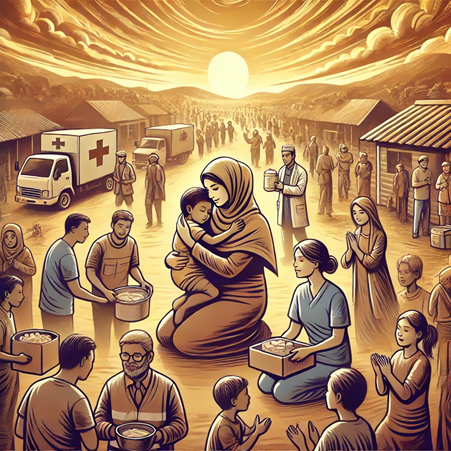 How do women leaders influence global political priorities
How do women leaders influence global political priorities
Women leaders have a unique and significant role in shaping global political priorities. Their influence can be seen across several dimensions, including policy-making, global diplomacy, and representation in leadership positions.
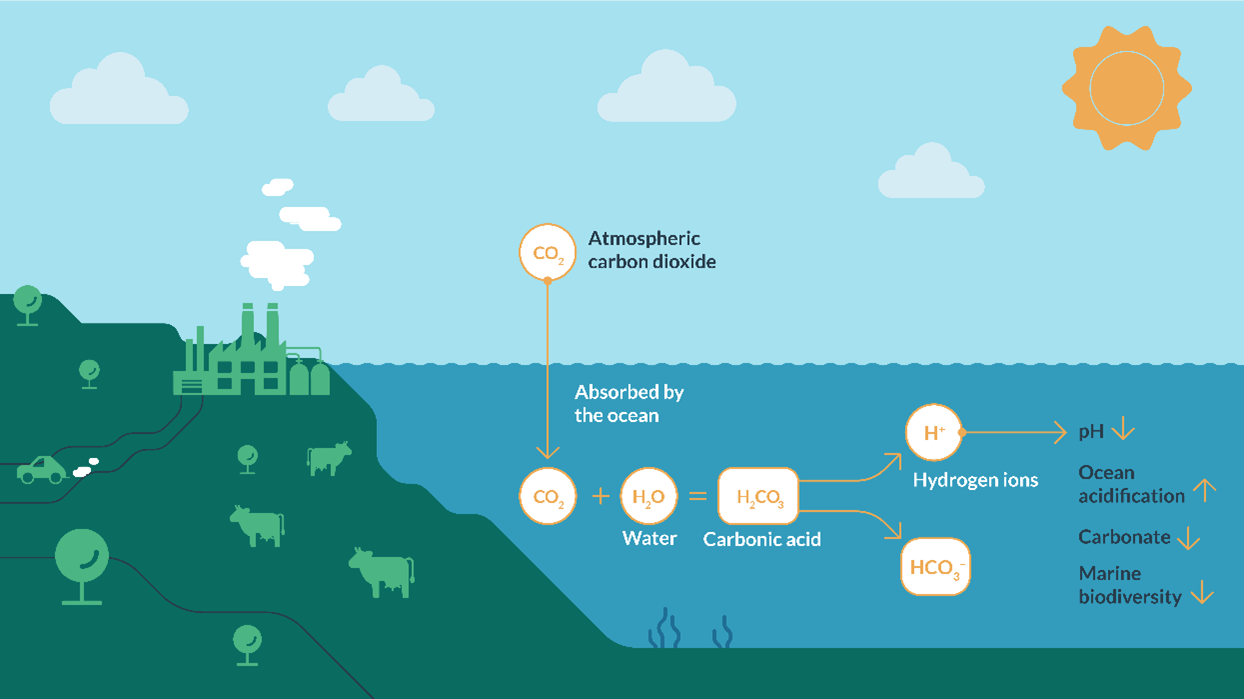 How does climate change impact weather patterns, ecosystems, and biodiversity?
How does climate change impact weather patterns, ecosystems, and biodiversity?
Climate change is having profound impacts on weather patterns, ecosystems, and biodiversity. These changes are interconnected, with disruptions in one area often leading to cascading effects across others.
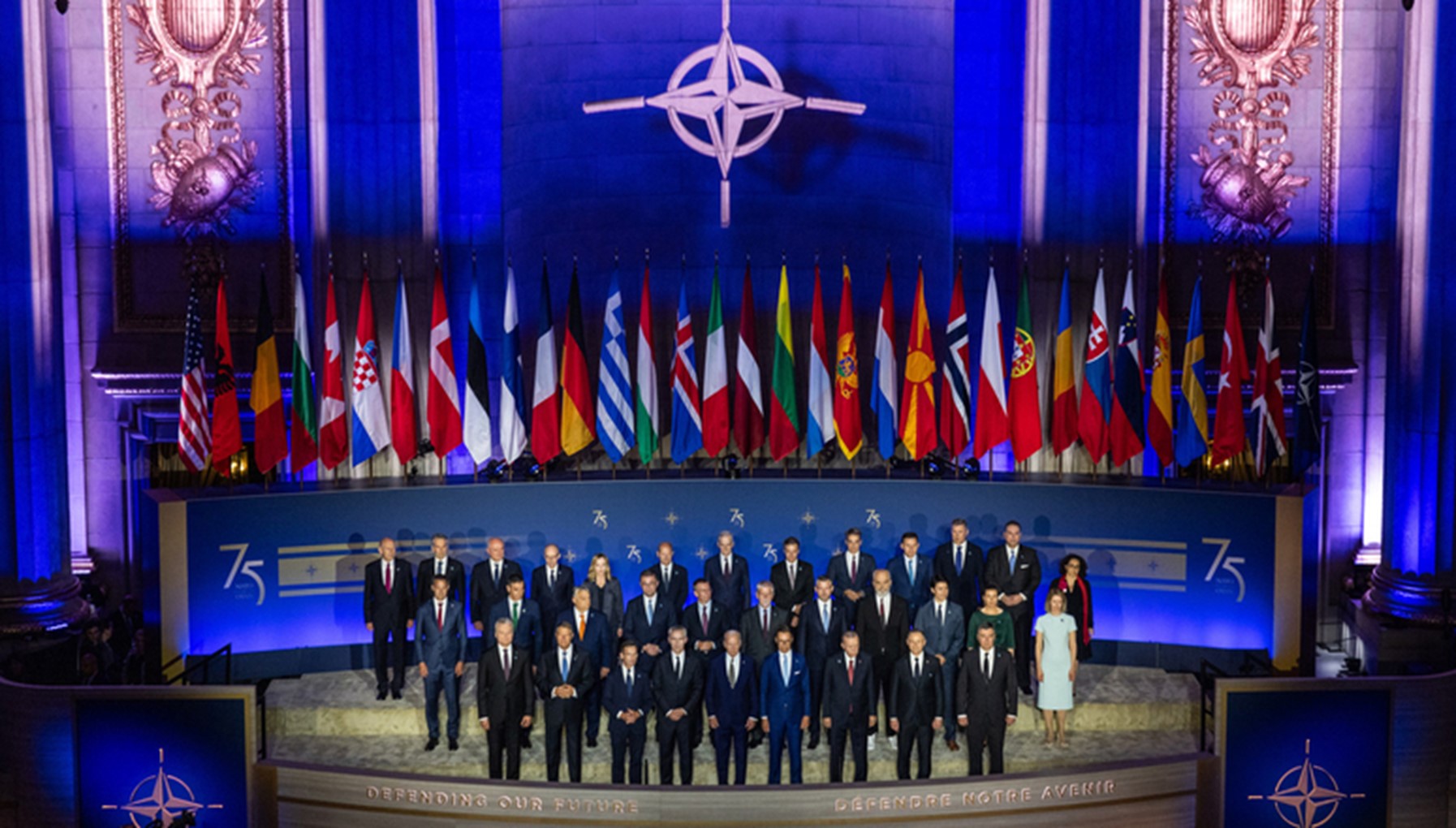 How have alliances like NATO evolved to address new global threats?
How have alliances like NATO evolved to address new global threats?
Alliances like NATO (North Atlantic Treaty Organization) have undergone significant evolution over the years to adapt to new global threats. Originally formed in 1949 as a collective defense organization to counter the threat posed by the Soviet Union during the Cold War, NATO has increasingly adjusted its strategies and missions to meet emerging geopolitical, security, and non-traditional challenges.
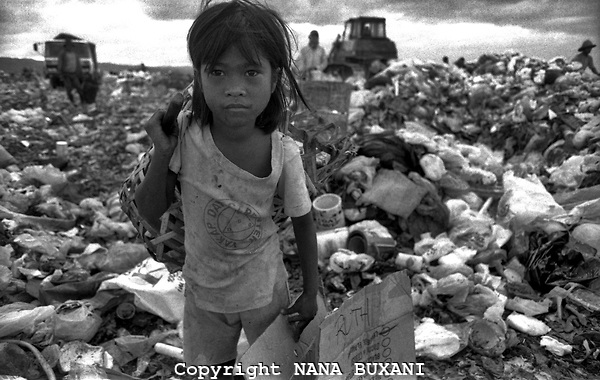 What are the humanitarian consequences of sanctions on civilian populations?
What are the humanitarian consequences of sanctions on civilian populations?
Economic sanctions, particularly those that target entire countries, can have significant humanitarian consequences on civilian populations. While sanctions are often intended to pressure governments to change behavior or policy, they frequently cause widespread suffering among ordinary people, who are not the intended targets
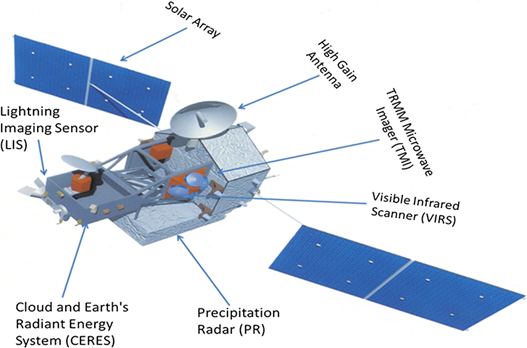 What are the key indicators of climate change, and how are they measured?
What are the key indicators of climate change, and how are they measured?
Climate change refers to significant, long-term changes in the temperature, precipitation, and other atmospheric conditions on Earth. The key indicators of climate change are critical measures that scientists use to track the changes in global climate systems and understand the potential impacts.
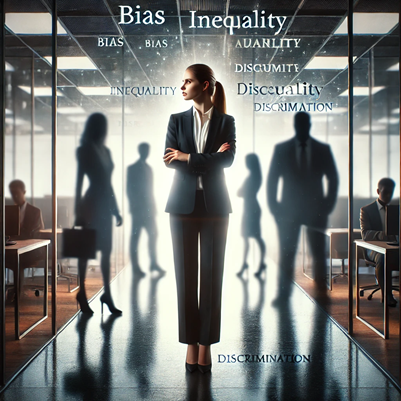 What challenges do women face in breaking barriers in international politics?
What challenges do women face in breaking barriers in international politics?
Women face numerous challenges when trying to break barriers in international politics, often encountering systemic, cultural, and institutional obstacles that hinder their political participation and advancement
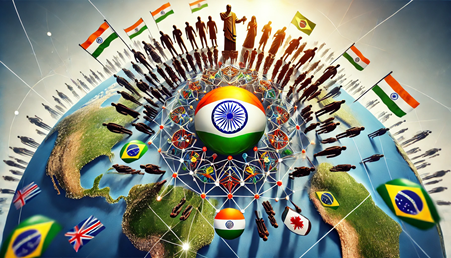 What role do emerging powers, like India and Brazil, play in reshaping alliances?
What role do emerging powers, like India and Brazil, play in reshaping alliances?
Emerging powers like India and Brazil play an increasingly significant role in reshaping global alliances and influencing the future direction of international diplomacy, economics, and security. These countries, often referred to as "Global South" powers, have expanded their influence through both regional and global engagements, challenging traditional power dynamics and providing alternative models of cooperation
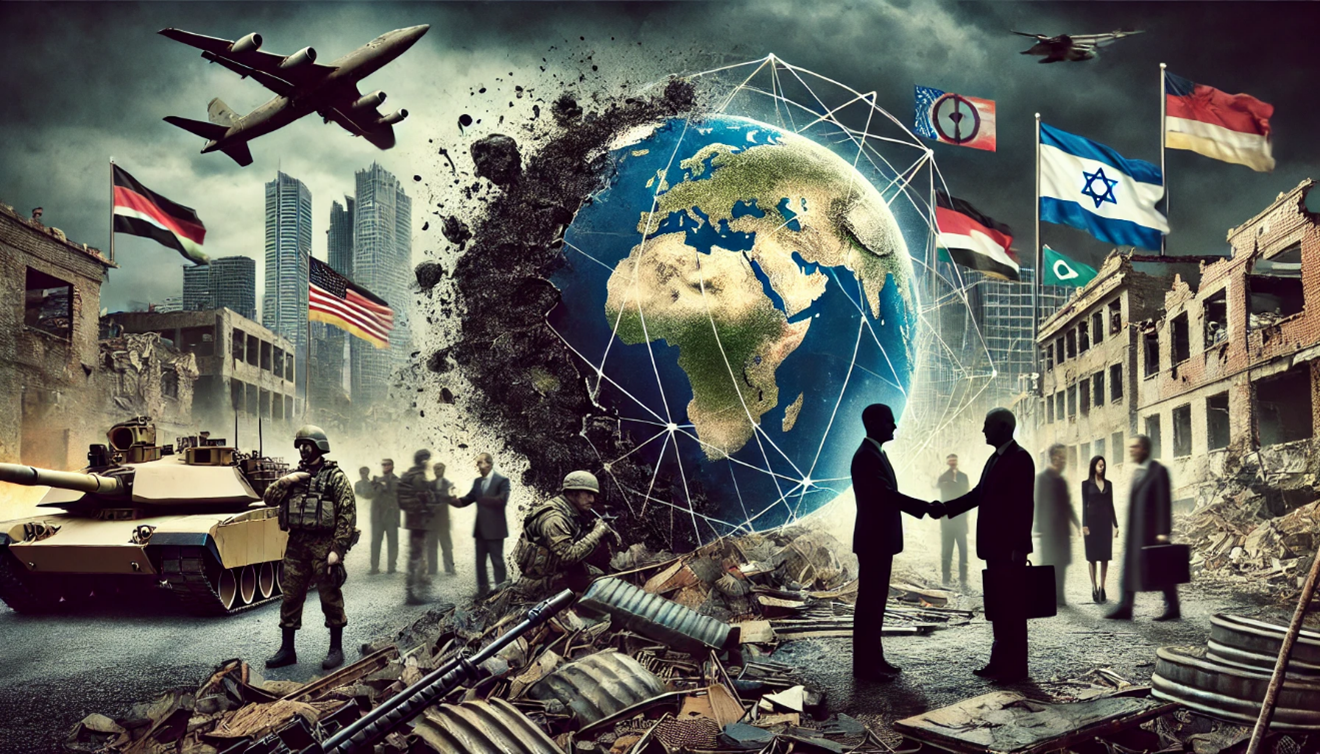 What role do international interventions play in resolving or exacerbating regional disputes?
What role do international interventions play in resolving or exacerbating regional disputes?
International interventions play a complex role in either resolving or exacerbating regional disputes, depending on the nature of the intervention, the motivations of the intervening parties, and the local context. While interventions can provide critical assistance in peacebuilding, humanitarian aid, and conflict resolution, they can also escalate tensions, perpetuate violence, and create long-term challenges.
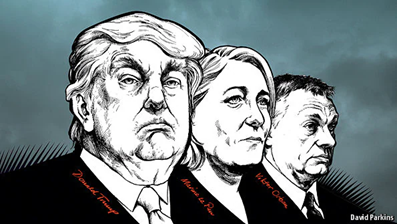 What challenges are democracies facing in the 21st century
What challenges are democracies facing in the 21st century
Democracies in the 21st century face a range of significant challenges that threaten their stability, effectiveness, and overall health. These challenges are shaped by both internal and external factors, and they vary in scope and complexity across different nations
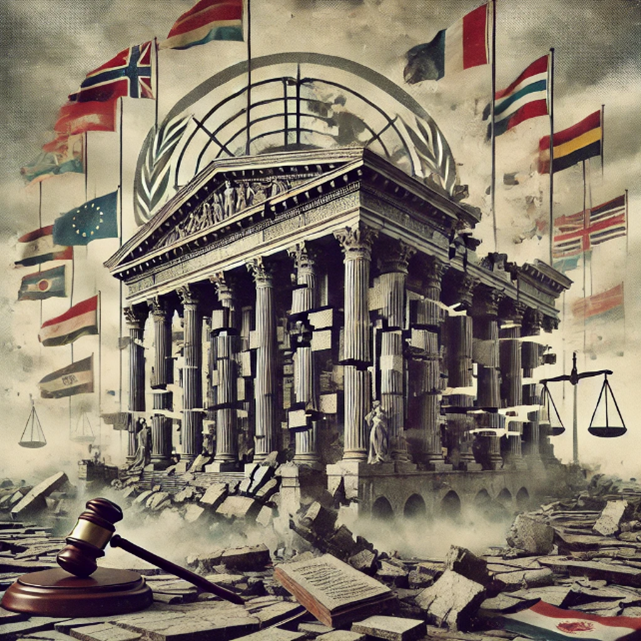 How does the erosion of democratic norms in some countries impact global governance?
How does the erosion of democratic norms in some countries impact global governance?
The erosion of democratic norms in some countries has significant implications for global governance, as it affects international cooperation, the effectiveness of global institutions, and the stability of the international system.
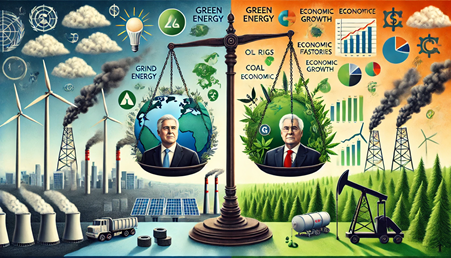 How do political ideologies influence climate policies?
How do political ideologies influence climate policies?
Political ideologies have a profound influence on climate policies, shaping how governments perceive the problem of climate change, prioritize actions, and implement solutions.
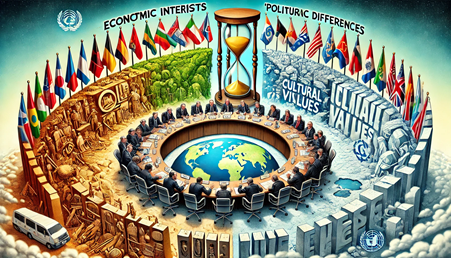 Why is international cooperation on climate change so challenging?
Why is international cooperation on climate change so challenging?
International cooperation on climate change is challenging for several interconnected reasons

